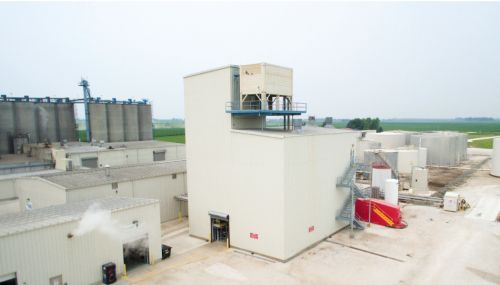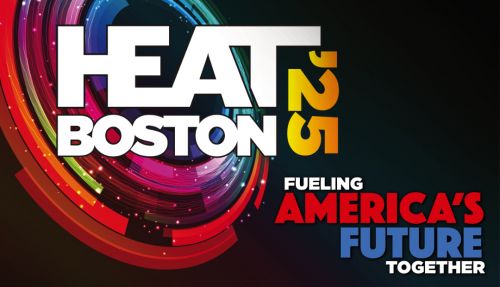The recent oil boom that has made the United States the world’s leading oil producer has also made the U.S. railway system a major player in oil transportation, and the U.S. Department of Transportation today proposed new rules designed to improve rail safety.
U.S. Transportation Secretary Anthony Foxx today announced a Notice of Proposed Rulemaking (NPRM) that would create new speed limits for trains carrying flammable fuels while adding requirements pertaining to brakes, fuel testing and tank car design.
“The NPRM proposes enhanced tank car standards, a classification and testing program for mined gases and liquids, and new operational requirements for high-hazard flammable trains that include braking controls and speed restrictions,” DOT announced. “Specifically, within two years, it proposes the phase out of the use of older DOT 111 tank cars for the shipment of packing group I flammable liquids, including most Bakken crude oil, unless the tank cars are retrofitted to comply with new tank car design standards.”
Global Partners, of Waltham, Mass., which transports crude by rail to terminals in Albany, N.Y., and Clatskanie, Ore., had previously announced measures to improve safety, saying it would demand that its shipments use tank cars designed to the CPC-1232 standards, which were developed by the American Railroads Tank Car Committee to address transportation of hazardous materials including crude. The standards add safety features for leak prevention, puncture resistance and rollover protection, including a thicker, more puncture-resistant shell or jacket; extra protective head shields at both ends of the tank car; and additional protection for the top fittings.
“New technologies have fostered tremendous gains in U.S. energy production in recent years, putting the nation on a path toward energy independence,” said Global Partnership’s President and Chief Executive Officer, Eric Slifka. “Whether products travel by rail, truck, barge or pipeline, as an industry we have both an opportunity and a responsibility to ensure that we maximize public confidence in the safety of the system that carries these products across the country.”
The rail industry has been expecting the DOT rules, which have been in the works for months, and have warned that slower speed limits could hamper business, according to an article in USA Today.




